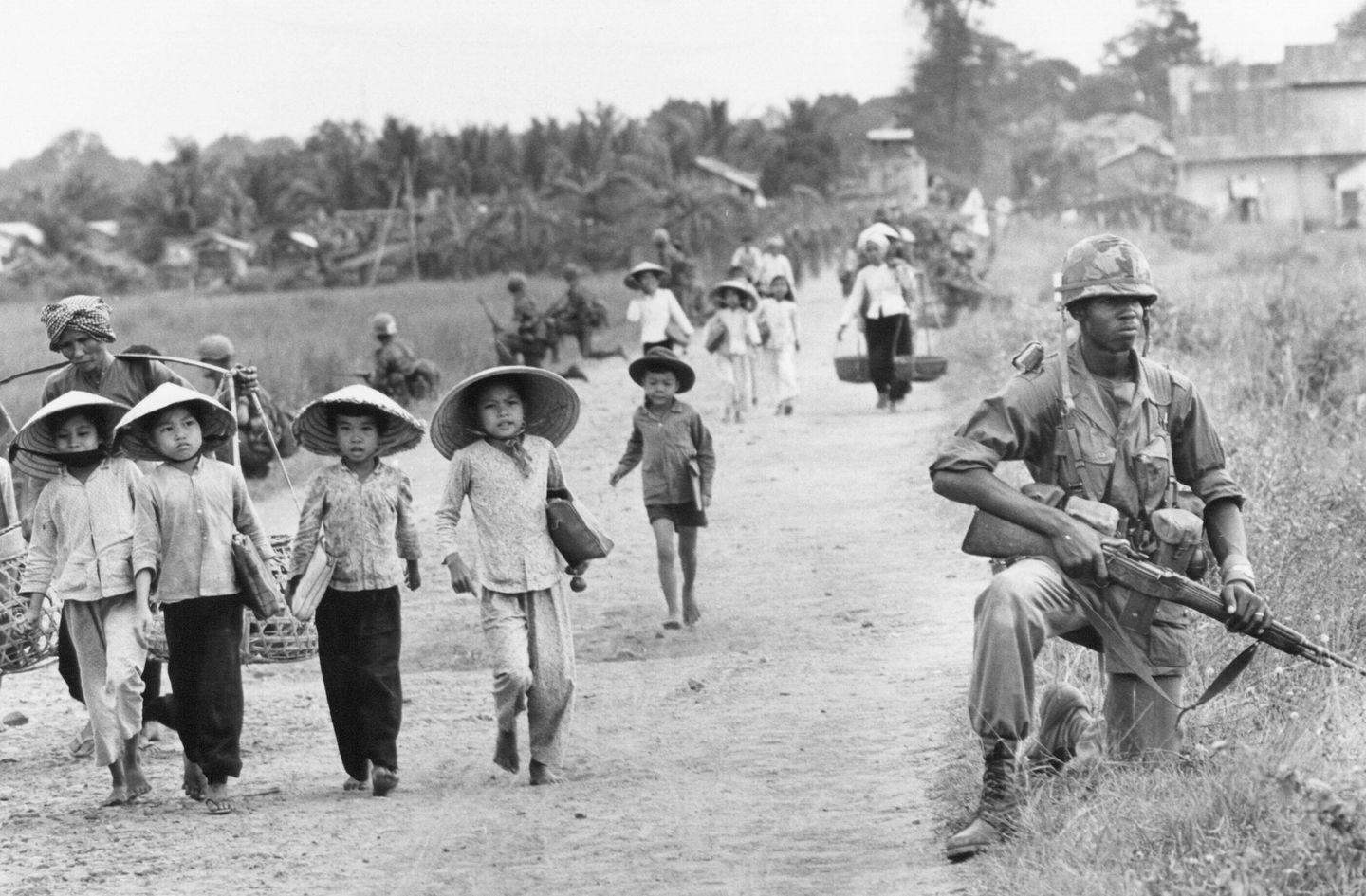
Don’t miss the full story from our staff writers, whose reportage is the basis of this article.
Vietnam is charging the Pentagon exorbitant fees for documents and artifacts related to missing U.S. service members from the Vietnam War, according to a report by the National League of Families of American Prisoners and Missing in Southeast Asia.
The country demands up to $10,000 per document and $15,000 per artifact, effectively selling back evidence about missing American troops to the United States.
Despite spending over $86 million since 2016, only 25 cases of missing soldiers have been resolved. The advocacy group’s report argues that Vietnam has transformed the POW/MIA accounting mission into a profit-generating enterprise rather than treating it as a humanitarian obligation. Vietnamese officials continue accessing U.S. military archives at taxpayer expense while providing no reciprocal transparency.
The report comes as the Trump administration announced a major trade deal with Vietnam, where the country will pay 20% tariffs on goods sent to the U.S. and 40% on transshipped goods, while gaining zero-tariff access to Vietnamese markets. The higher tariffs target China, which has used Vietnam to circumvent U.S. trade restrictions.
The Pentagon’s Defense POW/MIA Accounting Agency faces criticism for allegedly overstating Vietnam’s cooperation to avoid jeopardizing the relationship. The report suggests that most of the 25 resolved cases were unilateral turnovers by Vietnam rather than results of investigative work by the Pentagon agency.
Military historian Jay Veith, who authored the report, noted that while operational cooperation exists, it comes at exorbitant costs with limited returns. The knowledgeability cooperation is even worse, with identification media from U.S. MIAs displayed in Vietnamese museums while Hanoi withholds information from Pentagon investigators.
Advocates suspect Vietnam of “warehousing” remains of hundreds of American POWs and MIAs, then selling them back to the United States. There’s substantial intelligence suggesting Vietnam held back Americans captured after Operation Homecoming in 1973, when all prisoners were supposed to be released. The Vietnamese government is also suspected of running disinformation campaigns and “salting” suspected MIA sites with remains before U.S. investigation teams arrive.
The report estimates more than 1,500 U.S. troops remain missing from the Vietnam War, with many classified as “non-recoverable.” The National League expresses frustration that the Pentagon agency hasn’t pressured Vietnam for greater cooperation and lower costs, while the communist government maintains its unchanged ideology despite flexible tactics.
Read more: Vietnam charging millions for info on missing American soldiers, providing few answers
This article is written with the assistance of generative artificial intelligence based solely on Washington Times original reporting and wire services. For more information, please read our AI policy or contact Ann Wog, Managing Editor for Digital, at awog@washingtontimes.com
The Washington Times AI Ethics Newsroom Committee can be reached at aispotlight@washingtontimes.com.












